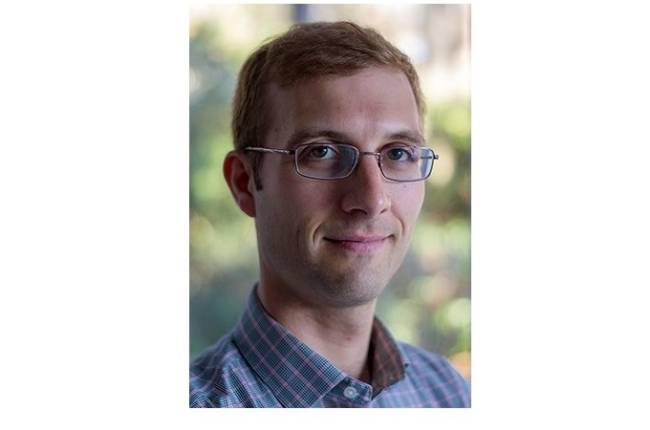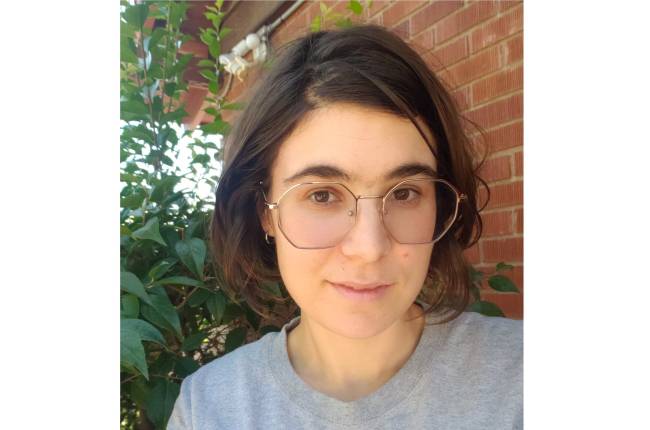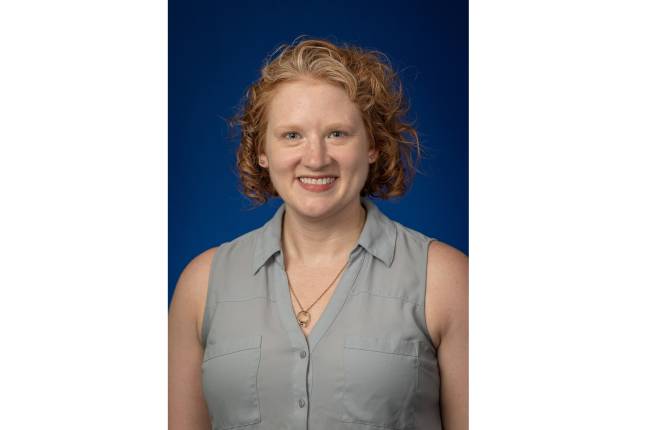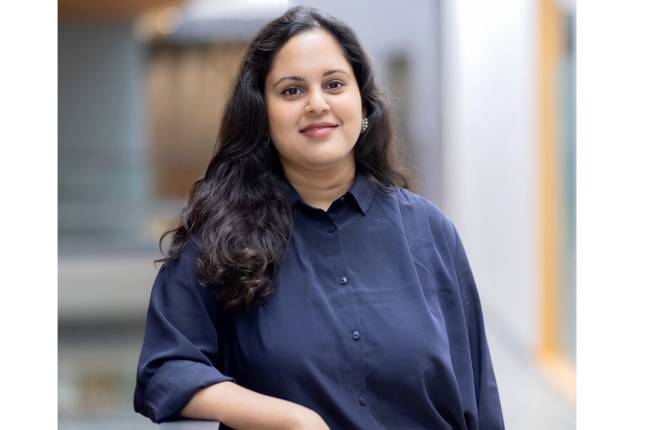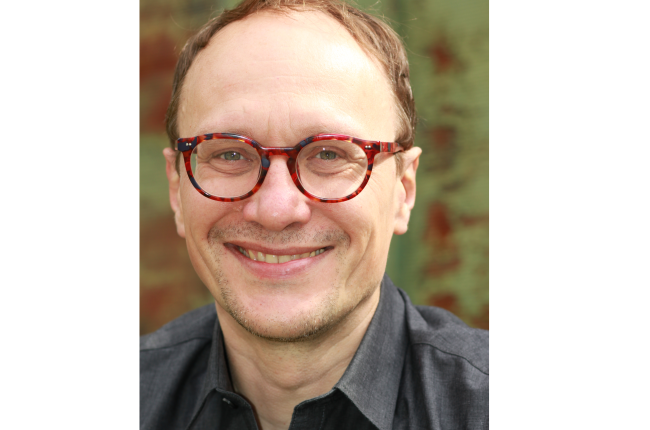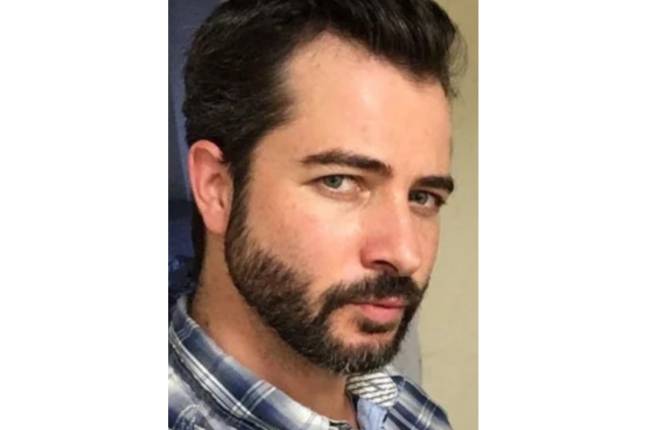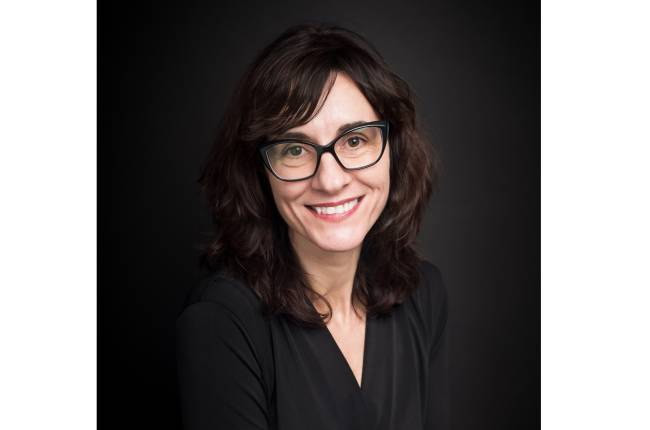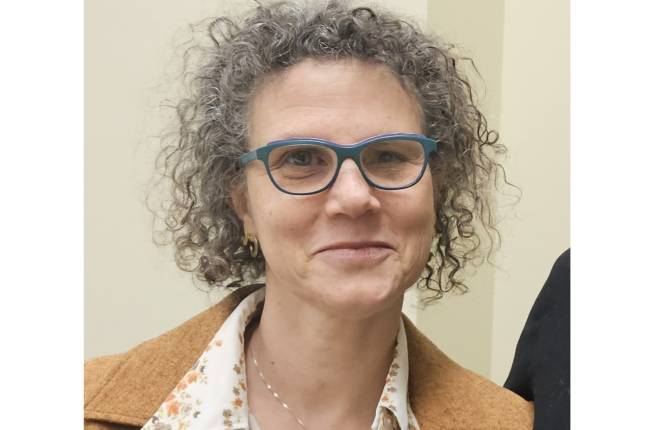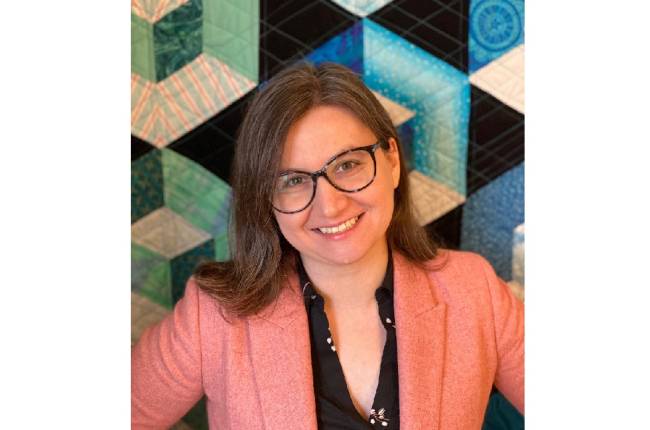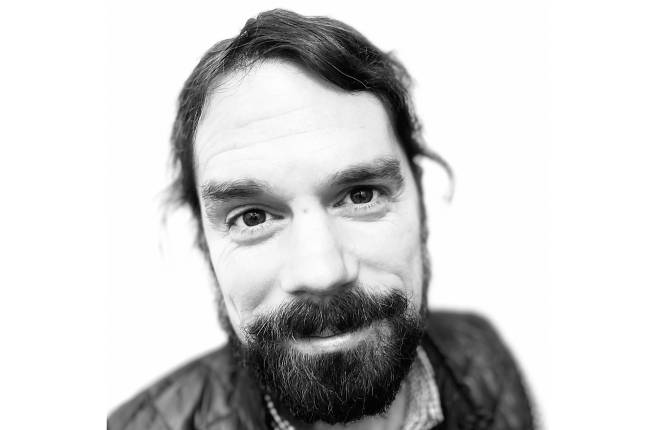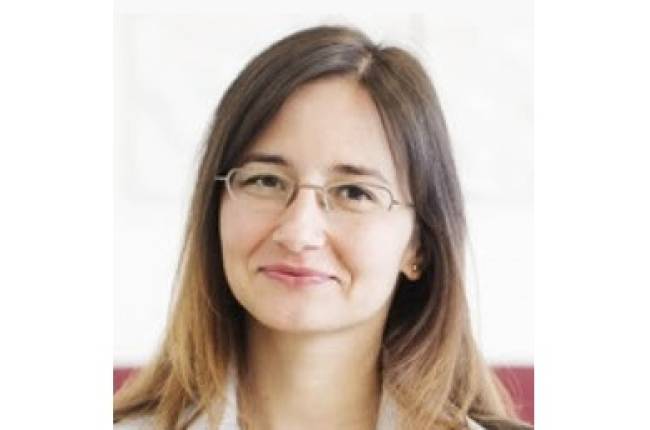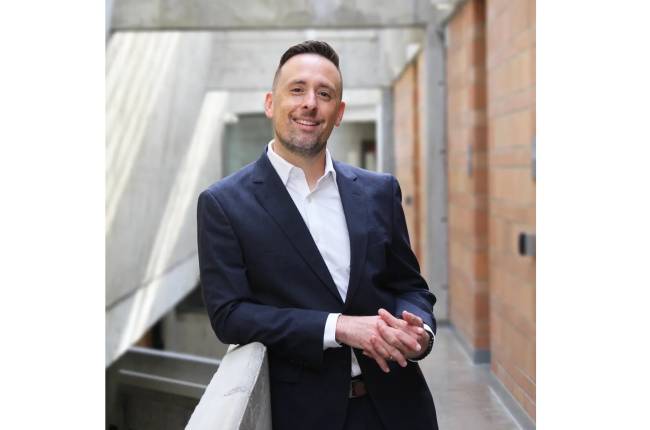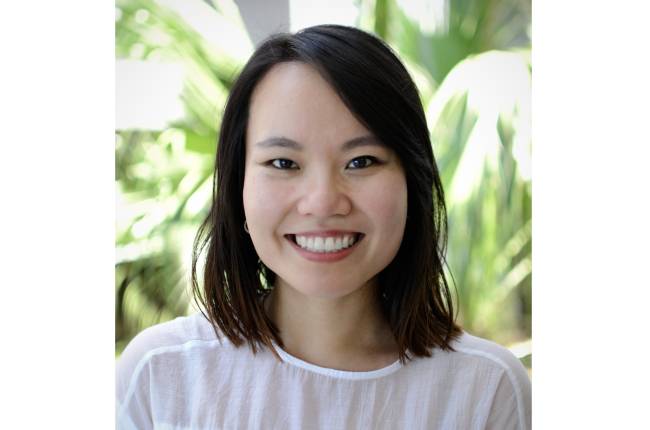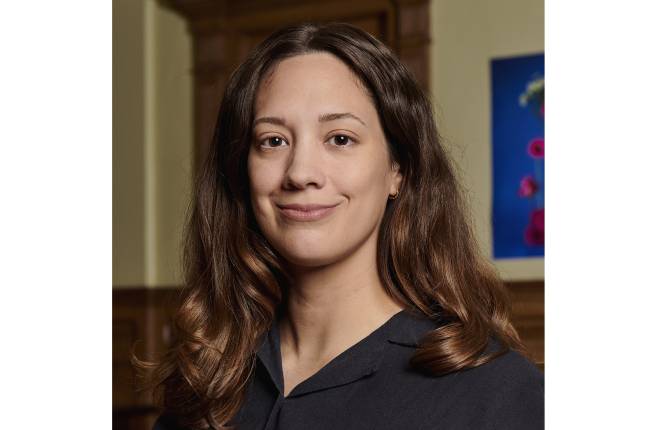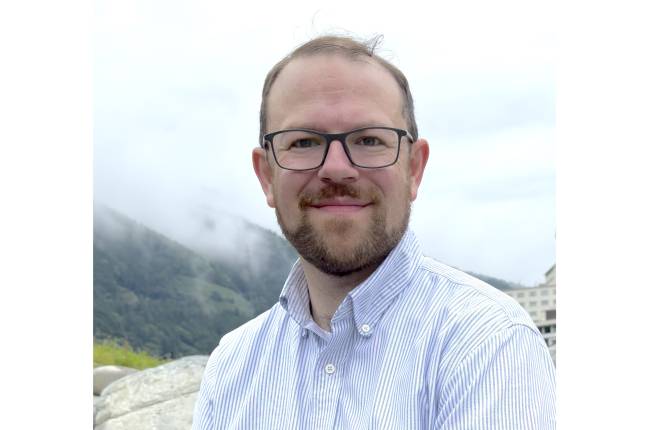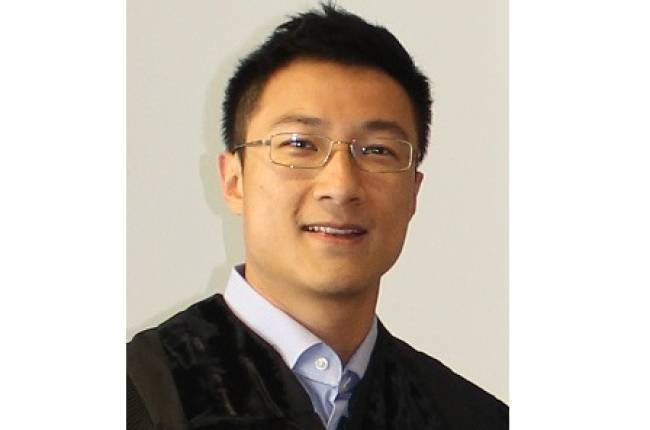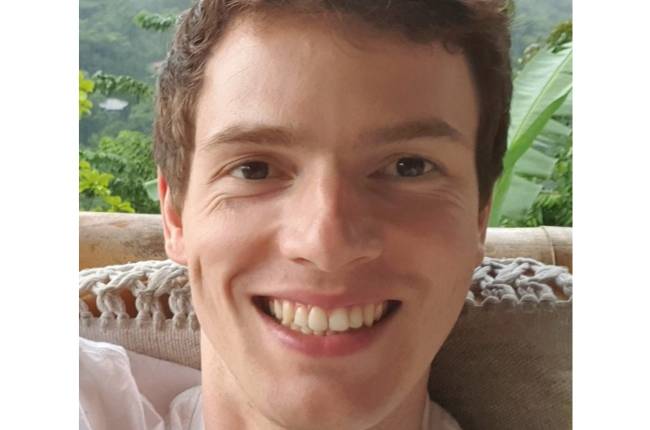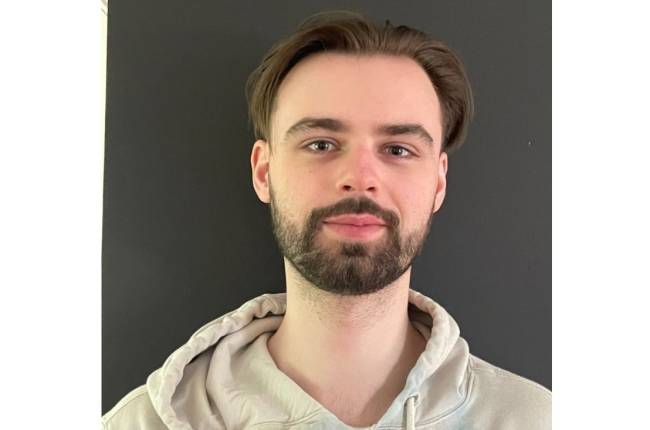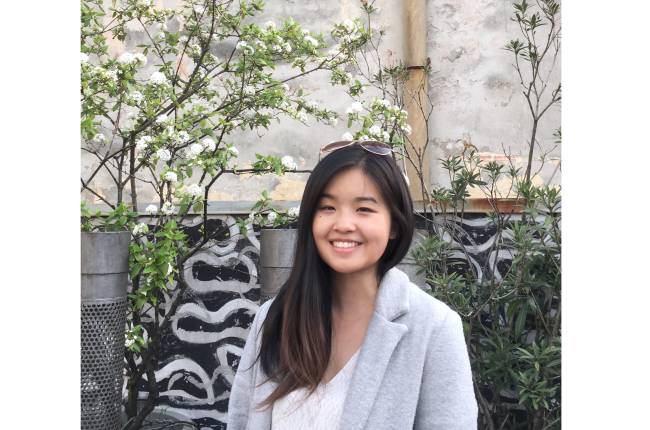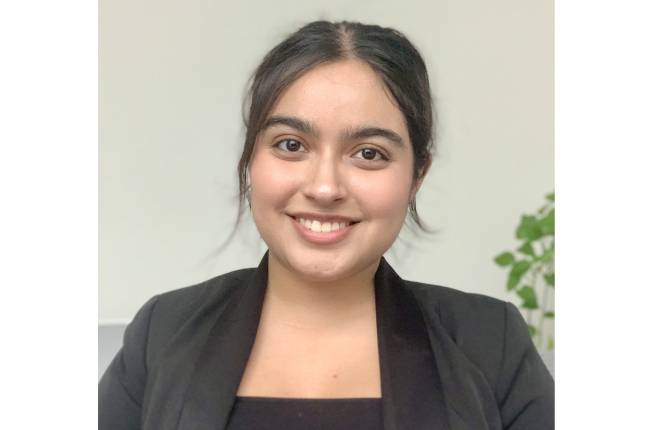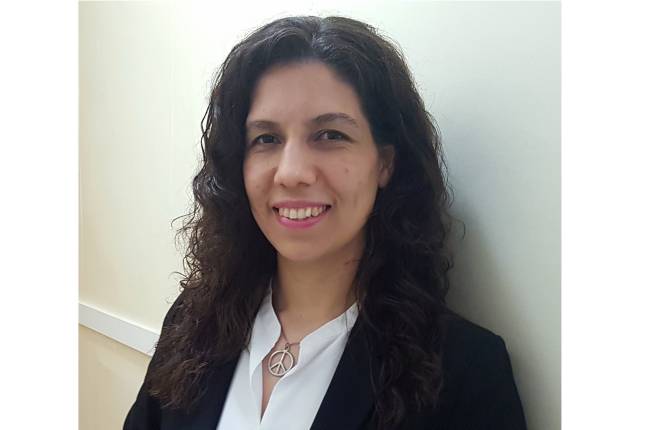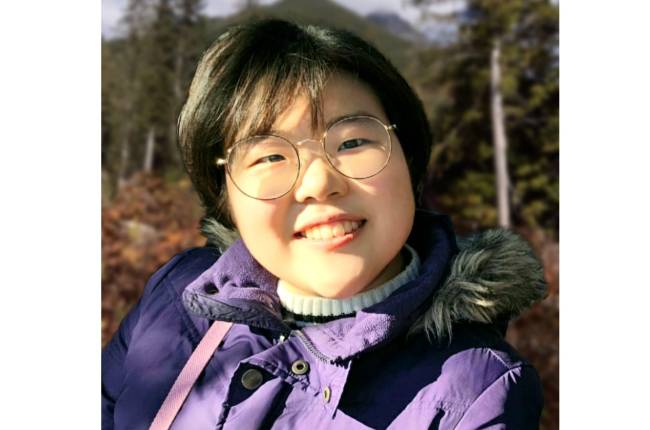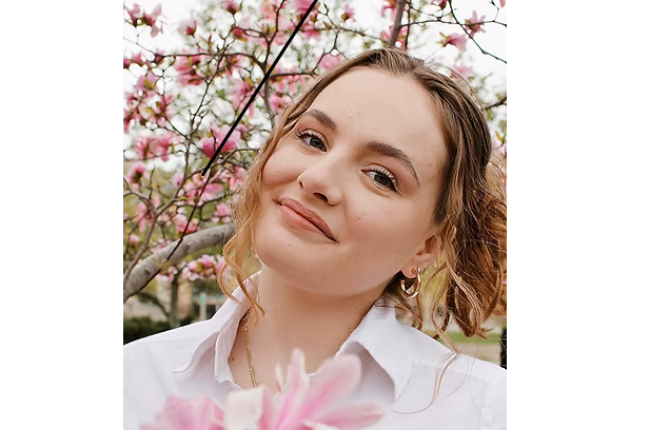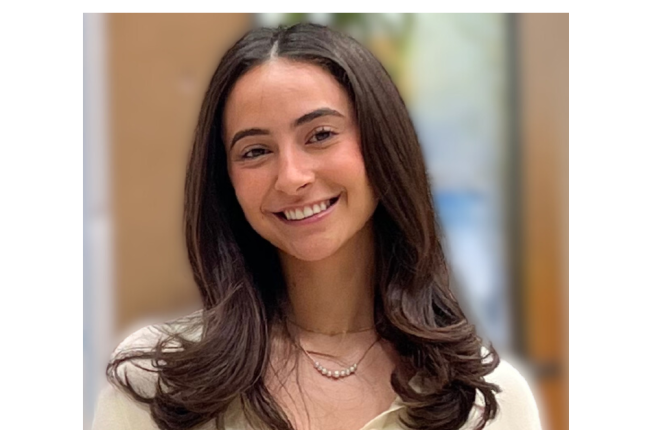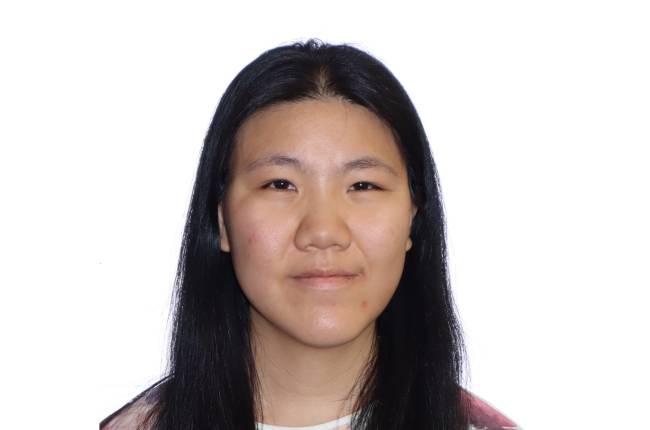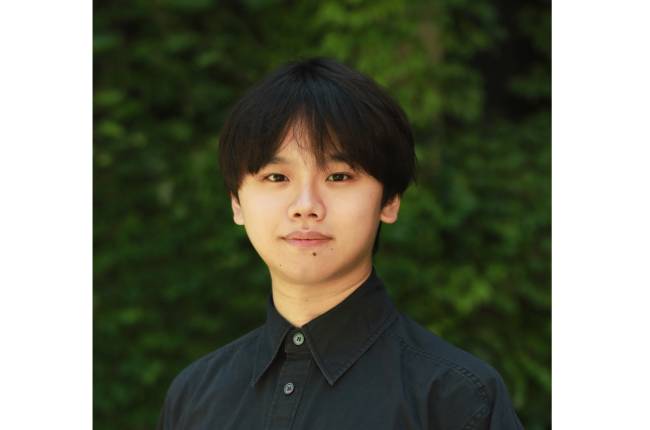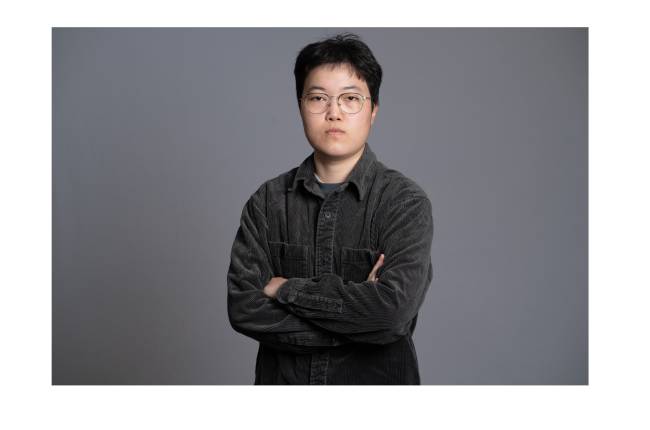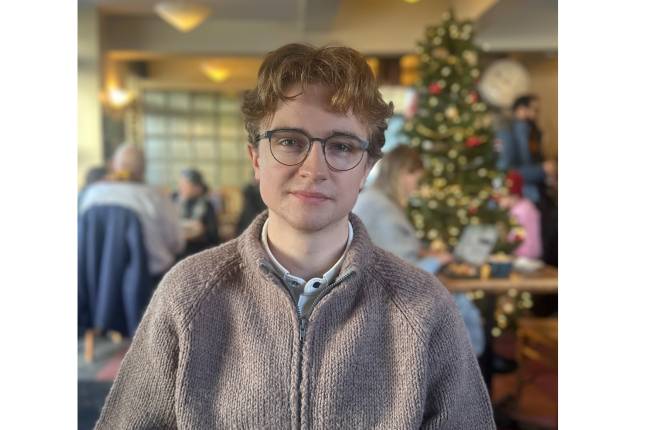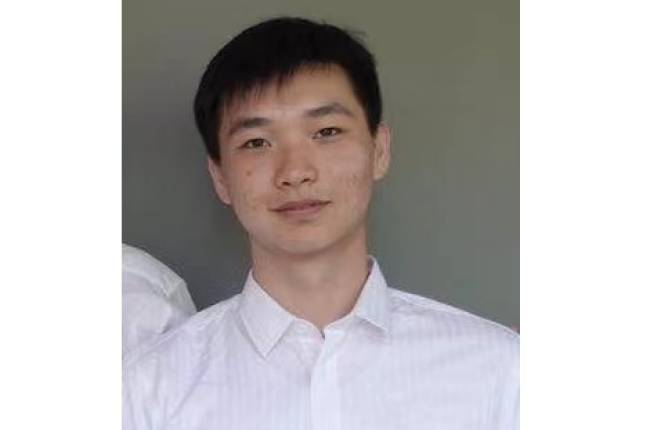Cognitive Science Research Community (CoRC)
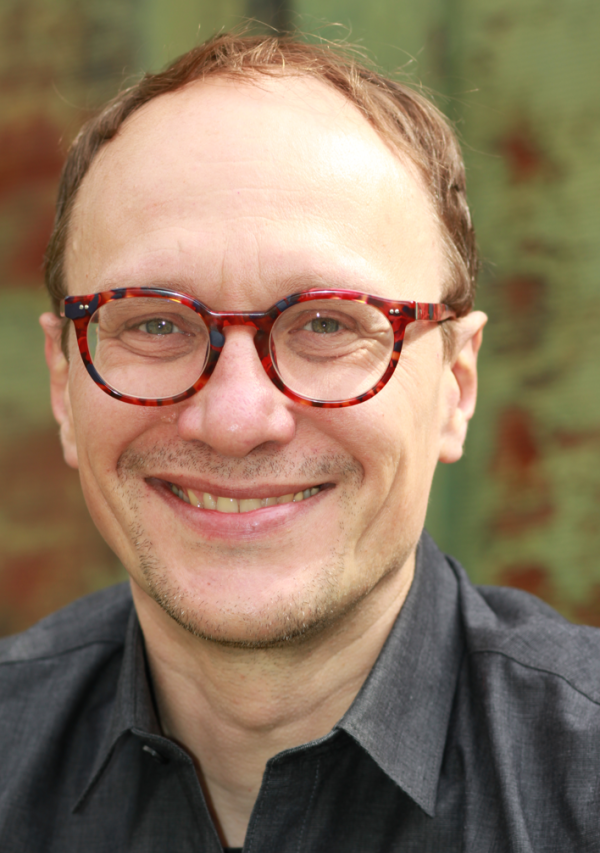
Message from Cognitive Science Program Director, Professor Dirk Bernhardt-Walther
We are a vibrant, interdisciplinary hub of faculty, postdocs, and students from Psychology, Computer Science, Philosophy, Linguistics, and more, spanning all three UofT campuses. United by our passion for Cognitive Science, we explore the frontiers of mind and cognition, fostering collaboration and innovation across disciplines and across campuses.
To get added to the CoRC email list, click here.
Dirk Bernhardt-Walther
Program Director, Cognitive Science
Professor, Department of Psychology
Upcoming Events
Student Research Symposium
Faculty
Donna Rose Addis is a Senior Scientist at the Rotman Research Institute, Baycrest Academy for Research & Education, and a Professor of Psychology at UofT. Her research uses neuroimaging, behavioural and neuropsychological methods to investigate how we remember past experiences, imagine future events, construct a coherent sense of self, and think creatively. She also leads the Open Science initiative at Baycrest.
Department of Psychology, Assistant Professor at the University of Toronto Scarborough (UTSC)
My research interests relate to the cognitive, computational, and neural representations, processes, and learning mechanisms underlying word learning, perception, and comprehension. Particular sub-topics of interest include: the comprehension of ambiguous words, cross-linguistic differences in language processing, new word learning, and the instruction of reading.
Sara Aronowitz is a philosopher working on learning and memory. She is particularly interested in how we solve open-ended decision problems, and structure information in memory.
I am an Assistant Professor of Linguistics in the Department of Language Studies at UTM and the Department of Linguistics at the University of Toronto, St. George. I received my PhD in Cognitive Science from Johns Hopkins University in 2016. I lead the UTM Language Acquisition & Processing (LAP) Lab, where I study how children (learn to) process their first language and how the language comprehension mechanisms develop.
Shohini Bhattasali is Assistant Professor in the Department of Language Studies at UTSC and the Department of Linguistics at the University of Toronto, St. George. Her interdisciplinary research program promotes a theory-driven, experimental approach to language science. She integrates tools from computational linguistics with insights from the cognitive science of language to examine how humans use and understand language.
Dirk Bernhardt-Walther is an Associate Professor of Psychology and Director of the Cognitive Science program at University College at the University of Toronto. His research focuses on how we see the world around us, the computations and neuronal processes that underlie visual perception, as well as visual aesthetics.
I am currently a lecturer in the Philosophy Department and have also taught at the IHSPT and the Cognitive Science Program. My research focuses on the philosophy of biology, particularly on issues that intersect with cognitive science, such as agency and cognition in living systems.
Professor, Applied Psychology & Human Development, OISE; Areas of specialization: Cognitive Development and Language. Current research interests: counterfactual reasoning, logical reasoning, causal reasoning, modal language.
I am an Assistant Professor at the Department of Linguistics and the Cognitive Science Program at the University of Toronto. I am also the director of the Toronto Language and Cognition Lab. My research focuses on the study of meaning in natural language. I use theoretical tools and experimental methodologies from linguistics, cognitive and developmental psychology, to study how children acquire meaning in their native language, how children and adults use language in communication, and how language interacts with non-linguistic cognition (e.g., social and spatial cognition, logical reasoning).
Daphna Heller is a psycholinguist at the Department of Linguistics (St. George campus). Her research examines how language is produced and interpreted in real time, focusing on meaning in context. She directs the Toronto Language Processing Lab (TLPL), which conducts interactive conversational studies, some using eye-tracking.
Anna Kosovicheva is an Assistant Professor in the Department of Psychology at the University of Toronto Mississauga. Her research examines individual differences in visual perception and what they mean for us in our everyday lives. Her lab uses a combination of psychophysics, eye tracking, and patient research to explore perceptual questions in fundamental and applied vision research. These areas ranging from digital readability to collaborative tasks as well as personalized assessment of visual impairments.
Department of Psychology, St. George Campus; Research interests: Category learning, interactions of memory and attention, object and scene perception; Methods: Human behaviour, neuroimaging, computational modelling.
I am a psycholinguist focusing particularly on the Turkish language in both monolinguals and multilinguals. I am affiliated with the Department of Near and Middle Eastern Civilizations.
I am an Associate Professor in the Department of Psychology, UTSC. My research focuses on the neurocomputational basis of visual recognition and on the development of new methodology for neuroimaging and behavioural research.
I'm a professor for cognitive neuroscience in the Psychology Department at UTSC. Research in my lab concerns the interactions of cognitive processes and sensorimotor control. For example, we study how the intention to perform an action alters attention and sensory processing. We use a combination of imaging, computer simulations, hand and eye tracking, and psychophysics.
Anthony C. Ruocco is Professor, Chair and Director of Clinical Training in the Department of Psychological Clinical Science at the University of Toronto and Professor in the Department of Psychology at the University of Toronto Scarborough. He holds academic cross-appointments at the Centre for Addiction & Mental Health and Hospital for Sick Children and is a licensed psychologist registered with the College of Psychologists of Ontario. Professor Ruocco conducts research on the assessment of mental health symptoms and associated cognitive deficits and brain biology. His research focuses especially on personality disorders, suicidal thinking and behaviours, and addictions. He has a particular interest in studying alternative ways to define mental health symptoms, identifying associated cognitive and biological markers, and using this information in an integrative manner to enhance psychotherapy and brain stimulation approaches to treatment.
I'm a Professor of Psychology, primarily studying social cognition, learning and behavior, in infants and children.
Dr. Starmans is an associate professor in the psychology department at the University of Toronto, and the director of the StarLab for Mind and Development. Her research explores how children and adults reason about the social and moral world, and draws on methods and insights from both philosophy and psychology to explore topics such as morality, the self, free will, other minds, ownership, and knowledge.
My research is in cognitive science and computational linguistics. I take a highly multidisciplinary approach integrating computational theories and techniques with insights from the fields of linguistics and psycholinguistics, developing computational cognitive models of how people learn and process language, with a focus on meaning (especially word-level semantics, and pragmatics).
I'm a linguist working on experimental semantics/pragmatics and child language acquisition. I'm based in the Department of French (I also supervise graduate students in the Linguistics Department).
Dr. Karina Vold is an Assistant Professor at the Institute for the History and Philosophy of Science and Technology at the University of Toronto. She specialises in Philosophy of Cognitive Science and Philosophy of Artificial Intelligence, with research interested in situated cognition, cognitive enhancement, and artificial intelligence.
Assistant Professor, UTM Psychology and Tri-Campus Psychology Graduate Program; vision and cognition in the world with a focus on driver behaviour and digital readability; broadly interested in peripheral vision, scene perception, eye movements and visual attention as they impact activities of daily life and reveal what we do and don't see
I am a faculty member in Computer Science and Cognitive Science. My research explores the interplay of language, cognition and computation with a focus on understanding the human lexicon. Natural language relies on a finite vocabulary to express an unbounded array of ideas. I study how language evolves and develops to convey emerging meanings and the extent to which the underlying cognitive processes may be computationally reconstructed.
Postdoctoral Researcher
I’m a postdoc in Psychology at UTSC, where I develop computational models of reading instruction under the supervision of Blair Armstrong. I also conduct experimental, corpus-based, and theoretical work on grammatical processing, linguistic creativity, and usage-based linguistics.
Graduate Students
I am a Cognitive Developmental Neuroscience PhD student working with Dr. Amy Finn at the University of Toronto, Saint George Campus. My research interests lie in event segmentation, statistical learning, attention and using children as models to understand more about adult cognition.
Jessica is a Computer Science PhD student from the Computational Social Science Lab. Her research studies the interactions between humans and AI systems, with themes of reliance, collaboration, and transparency.
Meyha is a direct-entry PhD student in Psychology and the Collaborative Program in Neuroscience at the University of Toronto, co-supervised by Drs. Laura Cirelli and Christina Vanden Bosch der Nederlanden. She is interested in the relationship between music and cognitive development across the lifespan, with her current focus being on language acquisition and social-emotional growth among infants and children.
Melisa is a Vanier Scholar and PhD candidate at the Department of Psychology. She researches the complex interplay of learning, memory, and attention processes by leveraging neuroimaging and computational models.
PhD Student in Perception, Cognition and Cognitive Neuroscience at Department of Psychology. Research interest: Scene Perception, Mid-level Vision, Shape representation
I’m currently studying at University of Toronto as a Ph.D. student in Psychology in Professor Matthias Niemeier's lab. I am interested in how people effectively process incoming sensory information through attention. My research aims to study its neural mechanisms using EEG and artificial neural networks.
Geneva is a direct-entry PhD student in Psychology, specializing in Perception, Cognition, and Cognitive Neuroscience. Working under the supervision of Drs. Bjorn Herrmann and Jennifer Ryan at the Rotman Research Institute, she explores how auditory and visual processing interact in the mind to shape internal percepts (mental imagery) that support memory.
Avalon is a direct entry PhD student in Dr. Susanne Ferber's lab. Her current research interests involve understanding how memory is impacted during periods of lapses in attention, if heightened focus can improve information processing and memory performance, and understanding the underlying processes associated with our attentional control systems.
Ph.D. student in Computer Science since Fall 2024 working on social AI and safety for autonomous driving under Prof. Raquel Urtasun at Waabi.
PhD Candidate - Institute for the History and Philosophy of Science and Technology
My work includes cognitive semiotics which encompasses the meanings and code system generated by cognition in tandem with cognitive science.
I am a PhD student working with Dr. Brian Levine at Baycrest, University of Toronto. My primary interest lies in perception and memory through a cognitive computational neuroscience approach.
I am Shuting Xie, a Master of Science in Applied Computing (MScAC) student at the University of Toronto. My research focuses on applying machine learning and deep learning to biomedical and cognitive data analysis. I have worked on projects involving deep neural networks for brain MRI segmentation, genomic data analysis, and drug discovery. Through interdisciplinary collaboration, I strive to develop innovative computational methods that advance research in cognitive science.
I'm a PhD candidate in the Department of Philosophy working on philosophical issues in the study of large language models.
I am a computer science PhD student and an engineer by training. I discovery and innovate genetic systems and study implementations to cognitive architectures based on SOAR and Global workspace theory.

